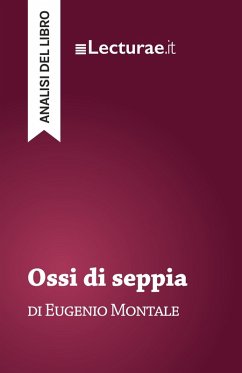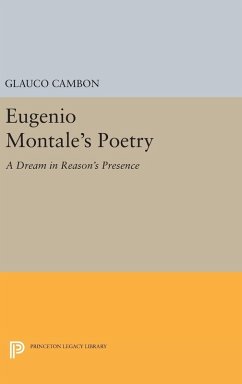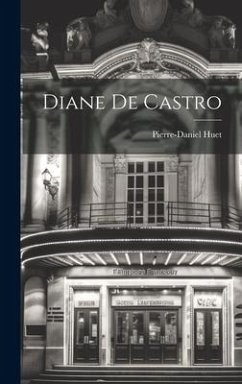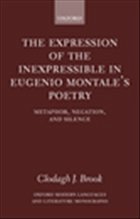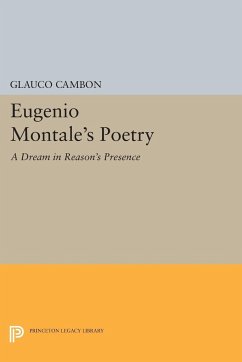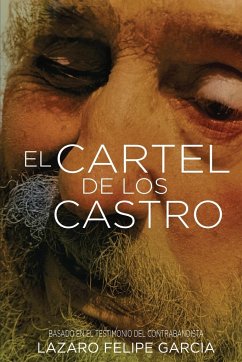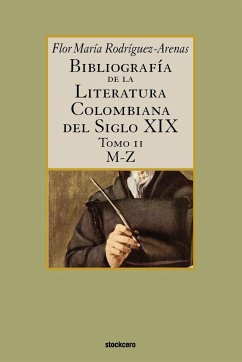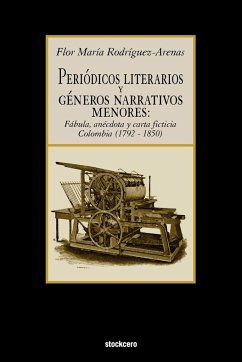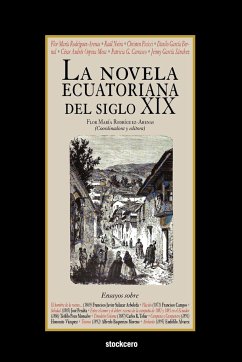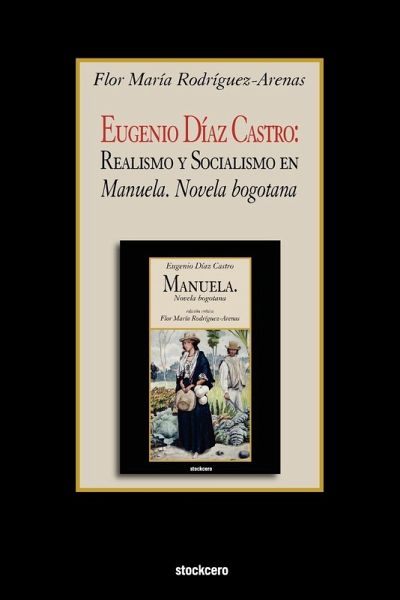
Eugenio Diaz Castro
Realismo y Socialismo en Manuela. Novela bogotana
Versandkostenfrei!
Versandfertig in 1-2 Wochen
34,99 €
inkl. MwSt.

PAYBACK Punkte
17 °P sammeln!
Eugenio Díaz Castro's family position (son of landowner), social standing (belonged to the «nobility» of the region) and cultural breadth (he studied for six years at the San Bartolomé to become a lawyer and fulfilled all the requirements established by law to obtain the degree in civil law) he was far from being the uncultivated farmer that José María Vergara y Vergara disseminated through rhetorical, ideological and social devices with the sole purpose of silencing his strong and problematic voice and nullify his lucid, solid thought so ideologically opposite his own. Díaz Castro was ...
Eugenio Díaz Castro's family position (son of landowner), social standing (belonged to the «nobility» of the region) and cultural breadth (he studied for six years at the San Bartolomé to become a lawyer and fulfilled all the requirements established by law to obtain the degree in civil law) he was far from being the uncultivated farmer that José María Vergara y Vergara disseminated through rhetorical, ideological and social devices with the sole purpose of silencing his strong and problematic voice and nullify his lucid, solid thought so ideologically opposite his own. Díaz Castro was the ideologue of the literary journal El Mosaico that became one of the most important vehicles for disseminating Colombian literature in the second half of the 19th Century. In order to launch and secure publication, he offered the text of Manuela. A Bogota Novel to the journal. He was both an avid reader and had profound understanding of human nature traits that made him an insightful observer of social and political life. He never attributed his literary craft to «costumbrismo». Manuela's structure and composition combined French Realism of mid-century, liberalism and socialism to produce a novel of social criticism to reflect the inertia, apathy, ambition, and concupiscence of power the upper classes manifested, to control, and destroy other classes. Thus, the social reality of the region served as the referent, in such a way that it became unquestionably real and patent, with the purpose of demanding serious social reforms. This volume by prof. Flor Maria Rodriguez-Arenas, altogether with the critical edition «Manuela. Novela bogotana» by Eugenio Díaz Castro / Flor María Rodríguez-Arenas (editor)(Stockcero, ISBN 978-1-934768-50-1), constitutes the ultimate critical study of a cornerstone of the literature of Colombia.





